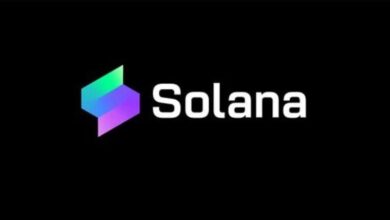Huawei Unveils Its Open Source Blockchain Tool

After almost a year of behind-the-scenes work, the tech giant Huawei recently valued at $7.5 billion has unveiled a tool designed to test the performance of major blockchains, one it is now preparing to submit formally to the Linux Foundation-led Hyperledger consortium this year.
Called Project Caliper, the open-source technology already supports analysis of Hyperleger Fabric, Hylerledger Sawtooth and Hyperledger Iroha, with more expected to be added by the end of 2018.
Still, Haojun Zhou, the Huawei engineer behind the vast majority of the code, described the tool as one that, while focused on analyzing technology, is fundamentally about helping developers and corporates make more confident decisions about their tech.
He told CoinDesk: “We thought it is a missing piece of blockchain and we can help to develop it.”
The goal of the project, launched last May, is to integrate existing blockchains into a framework whereby they can easily be compared via standards set by Hyperledger’s Performance and Scalability Working Group.
At the core of the benchmarking framework is an “adaption layer” that translates information so that Caliper can install smart contracts, invoke contracts or query the state of various distributed ledgers to best gauge their effectiveness.
Next, the code stress tests the supported blockchains in a controlled environment and generates results that include the success rate of transactions, the number of transactions per second, the time it takes transactions to settle and the consumption of resources required for all of these actions, such as CPU and memory.
Still, Zhou believes that the results would benefit any and all blockchain builders.
“We are trying to contribute it to Hyperledger community so other parties can easily to join the work as other Hyperledger projects,” he said.
Barriers to entry
However, it remains unknown just how widely used such a tool would be, given the competitive interests at play in the blockchain sector.
Following a path laid out by other contributors like IBM and Intel, even Huawei is protecting its other blockchain work with patents.
Javier Paz, the author of an Aite Group report who last year manually evaluated a list of major blockchains, for one, is skeptical that companies would let even their open-source projects be subject to scrutiny that could highlight any flaws.
“I’m afraid that the work required to compare the effectiveness and progress of the various public and private chains will remain a manual and painstaking effort – where the networks are involved and feel comfortable sharing key performance statistics,” he said.





